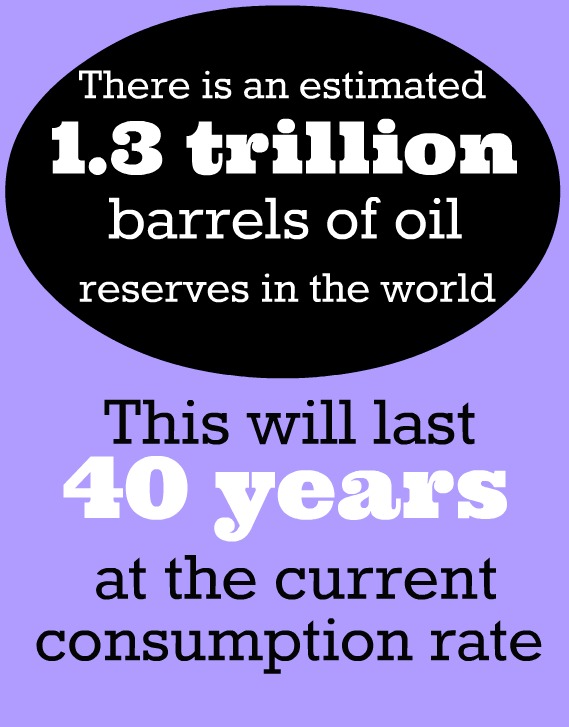Consumerism, which is the belief and encouragement of buying goods and products, yields many benefits. It is hard to believe that consumerism is anything but good. After all, it creates jobs and attracts income through taxes and ensures the availability of many different and technologically advanced goods. However, social behavior proves consumerism is not flawless.
While consumerism is not the bane of all existence, new mediums of practicing excessive shopping can lead to a destructive society and a world in which there is no going back.
Once upon a time, Americans ordered items from the comfort of home through the Sears’ Catalogue. Today, thanks to cell phones, people can shop even more easily and more often. Cars and gas are no longer needed to binge shop; people can shop at the park, the gym, in a restaurant, and even in bed. If they have the means, people can purchase millions of dollars of goods with a few taps of a finger, but this is not limited to American goods. The Internet is a macrocosm in itself; the net makes advertising products possible for all companies in the world.
Online shopping is gaining popularity. According to statista.com, in 2006, e-commerce, or transactions that occur online, in the US alone was $211 billion. However, in 2012, that number raised to $593.16 billion, and it still grows. With more advanced technology spreading like wildfire, it will become easier and easier to purchase items online. “I love the feeling of purchasing something I really want,” said junior Caroline Scobee. “I hate spending money, of course, but having something new is always worth it to me.”
Consumers are tempted by advertisements to buy products consistently throughout the day. If it is not through a billboard or poster, it is screaming through the screens of their phones. While materialism is not a new idea, it certainly is not going away as more and more people can shop at any given time. “Consumerism plays a big role in materialism,” said Consumer Finance teacher William Konig. “The tendency to consider material possessions more important than other life’s values couldn’t exist if people weren’t so strongly influenced by consumer advertising.”
Creating more accessible methods of shopping causes demand for goods to increase. In basic economic theory, demand and supply are directly related. More people are shopping and more goods are needed to fulfill the purchases, but where do these goods come from? Tons of resources are used every day, and at this growing rate of excessive shopping, the earth’s natural resources are bound to deplete. According to the Institute of Mechanical Engineers, there is an estimated 1.3 trillion barrels of oil reserve left in the world’s major fields. At the current consumption rate, this will last for an estimated forty years. If extreme shopping continues to occur or grow more popular, this estimate can decline. Oil, as well as other natural resources and materials used in production, will not last forever.
Consumerism should not cease to exist. It is very important for not only America’s economy, but the global economic stability as well. A little conservation can go a long way.








